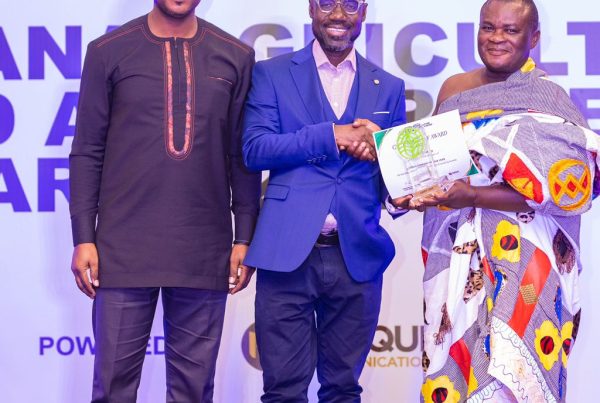Since its inception, Esoko has been a fervent supporter of open data. Our social enterprise began by collecting data and sharing this information with farmers over SMS. Studies conducted on Esoko show that access to this data has helped smallholder farmers increase their income levels. More details of these findings will be given later in the post. Suffice it to say for now that, at Esoko we can attest to the potential for data to transform lives, by informing better decisions.
Open data presents unprecedented opportunities to improve the livelihoods of the Bottom of the Pyramid (BoP), by revealing the real problems and challenges that exist in their day-to-day lives. When governments, private sector, media and CSO’s have access to reliable and good quality data sets, they are best able to identify problem areas and create tailored solutions to these issues. This is achieved through the monitoring, tracking and analyzing of large data sets. As a society, we can only succeed in achieving the UN Sustainable Development Goals (SDGs) if we have the right data to guide stakeholders’ decisions.
Unfortunately, there is a lack of information on the world’s population, especially the BoP who are the majority and most vulnerable, and hence requiring the most developmental assistance. In SSA specifically, good quality data on key development indicators is scarce. “Nowhere is the need for better data more urgent than in most African countries, where data improvements have been sluggish,” says the final report of the Data for African Development Working Group, by the Center for Global Development and the African Population and Health Research Center. The information that is available is usually outdated, incomplete or cannot be consolidated with other data sets. This presents a huge challenge for making significant progress with the SDGs.
Potential of Open data in Agriculture
Tackling global poverty is one area in which the potential for open data is significant and should be realized, particularly in the case of food and nutritional security. According to the World Bank, the world needs to produce at least 50% more food to feed 9 billion people by 2050. However, low productivity levels, high post-harvest losses and low incomes continue to plague the worlds’ smallholder farming population; this is particularly true in SSA. Food and nutritional security thus, requires that smallholder farmers have access to the right information to improve the efficiency of their farming activities.
Esoko’s solution to these challenges has been to provide relevant data on market prices and weather information to farmers via SMS, to help them make better decisions about their farming activities, leading to better livelihoods. Simply knowing whether or not it will rain can help farmers plan fertilizer and pesticide use and improve efficient use of irrigation. This information is even more pertinent in countries where agriculture is rain fed due to poor irrigation systems. In addition, when a farmer has access to information as basic as knowing the price of maize, for example, in his surrounding markets, he has a powerful tool. He is in a better position to negotiate favorable prices with middle-men and can also decide where to sell his produce for the best price. Having access to this basic information can help farmers increase their revenues.
These were some of the findings from the independent studies on Esoko’s market prices conducted by New York University (NYU) and CIRAD. In 2015, NYU published its randomized control study on Esoko, which found a 9% increase in prices received by treatment group farmers in Ghana. According to the study, this 9% increase in price for an average yam farmer translated to 18% increase in profit margins. CIRAD (2010) also observed an average 10% increase in revenues among participants receiving Esoko’s market prices.
Although farmers face many challenges when it comes to increasing productivity levels, (e.g. access to inputs and capital), there is a strong incentive to produce more when they know they can get more income for their produce. Also, improving incomes for farmers in SSA is a huge step in the fight against poverty, as smallholder farmers constitute one of the poorest populations in the region.
Our work is an example of one of the many ways in which open data can help achieve the UN SDG to fight global poverty. It also illustrates the importance and role of mobile technology, and technology in general, in putting open data to good use.
Esoko lends its full support to GODAN’s initiative to free up data on agriculture and nutrition as a way to eradicate poverty in accordance to the SDG’s. As a social enterprise, we will continue to explore the many innovative ways in which open data and technology can be joined together for the greater public good.

